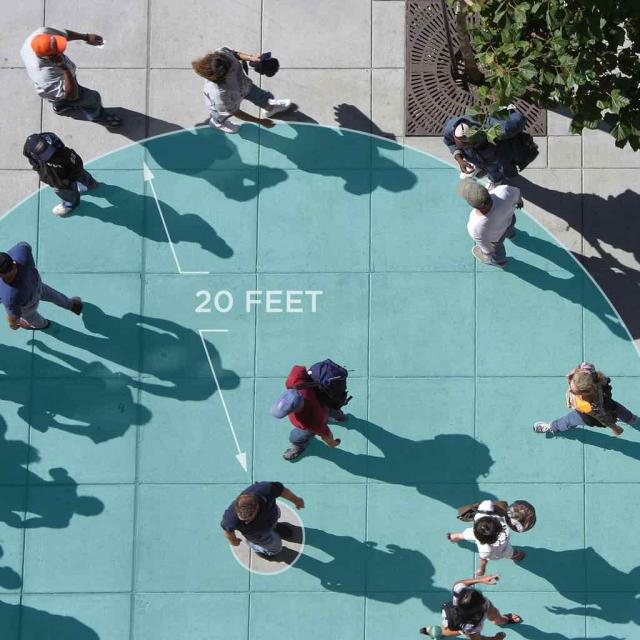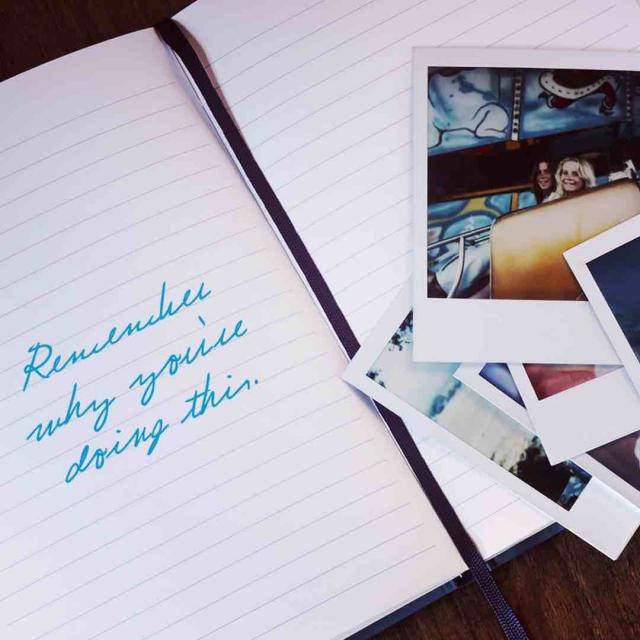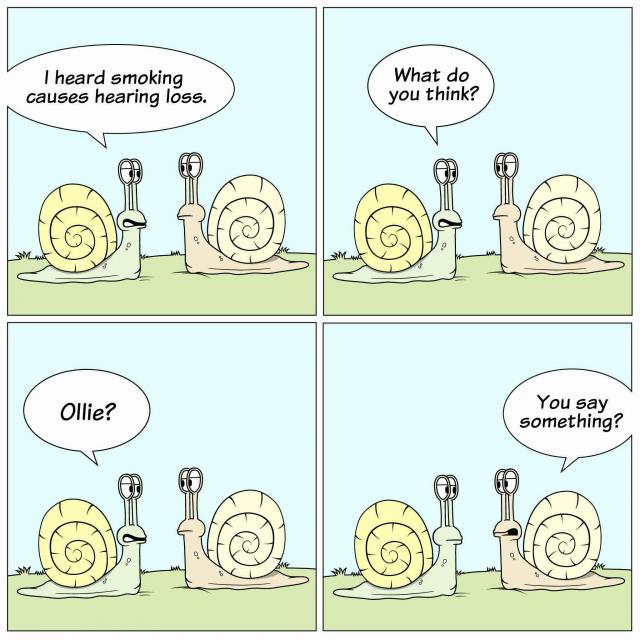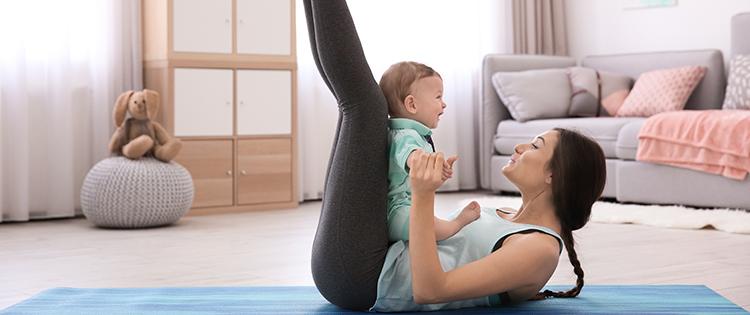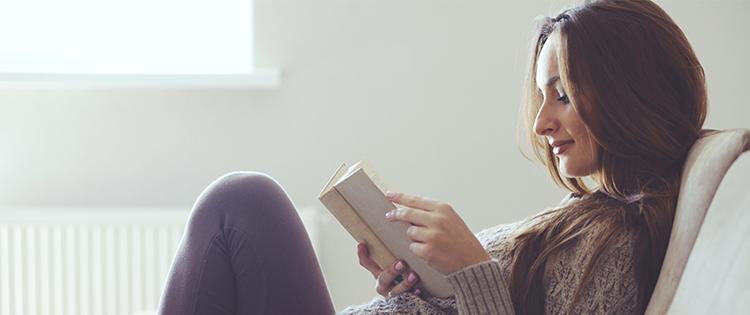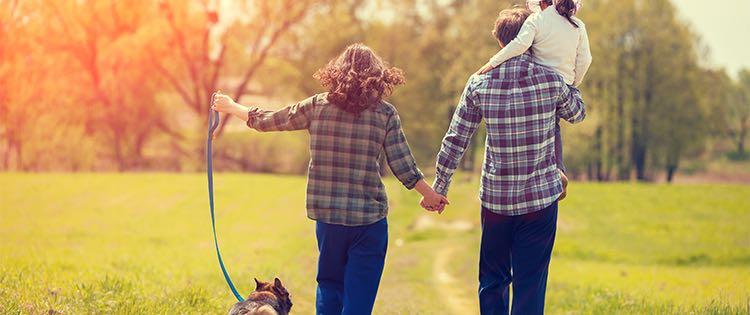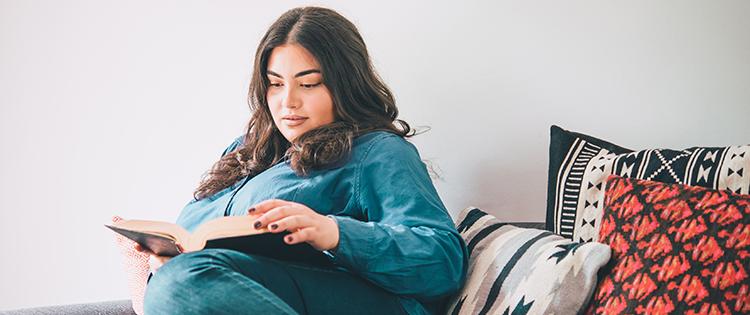Smoking harms both you and the ones around you—especially babies and young children. Quitting smoking will benefit you and protect the people you care about.
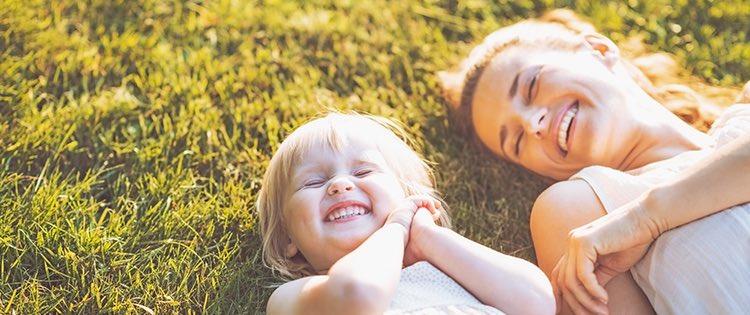
Effects of Secondhand Smoke
Secondhand smoke is made up of the smoke that comes from a cigarette and the smoke that is breathed out by a smoker. Secondhand smoke has more than 50 chemicals that are known to cause cancer in adults. Because babies and young children are still growing, the chemicals in secondhand smoke harm them more than adults. Breathing secondhand smoke for even a short time can harm your baby’s or child’s body. Over time, secondhand smoke can cause disease and possibly death in children.
Remember, there is no safe amount of secondhand smoke.
Babies and young children exposed to secondhand smoke can have:
- Sudden infant death syndrome (SIDS). Babies who are around secondhand smoke—from their mother, father, or anyone else—after they are born are more likely to die of SIDS than children who are not around secondhand smoke.
- Low birth weight. Mothers who breathe secondhand smoke while pregnant are more likely to have a baby weighing 5.5 pounds or less. Babies who are born this small are weaker and have a higher risk for serious health problems.
- Weak lungs. Babies who breathe secondhand smoke can have weaker lungs than other babies. This increases their risk of health problems.
- More sick days. Children whose parents smoke around them get bronchitis and pneumonia more often.
- Asthma. If children already have asthma, secondhand smoke can cause more asthma attacks and more severe symptoms.
- Chronic lung problems. Secondhand smoke can cause lung problems, including coughing, too much phlegm, wheezing, and breathlessness in school-aged children.
- Ear infections. Children exposed to secondhand smoke are at increased risk for ear infections. They are also more likely to need surgery to get ear tubes for drainage.
Set a Healthy Example
Children who have siblings or parents who smoke are more likely to become smokers. By becoming a smokefree mom, you’ll be a healthy role model for your family. Below are some steps you can take to protect loved ones from secondhand smoke.
- Keep your house and car smokefree. Children breathe in secondhand smoke at home or in the car more than any other place.
- Make sure nannies, babysitters, and daycare staff do not smoke.
- Go out to eat at smokefree restaurants.
- Try to avoid visiting places that allow smoking.
- Teach your children to stay away from secondhand smoke.
Learn more about the harmful effects of secondhand smoke.
